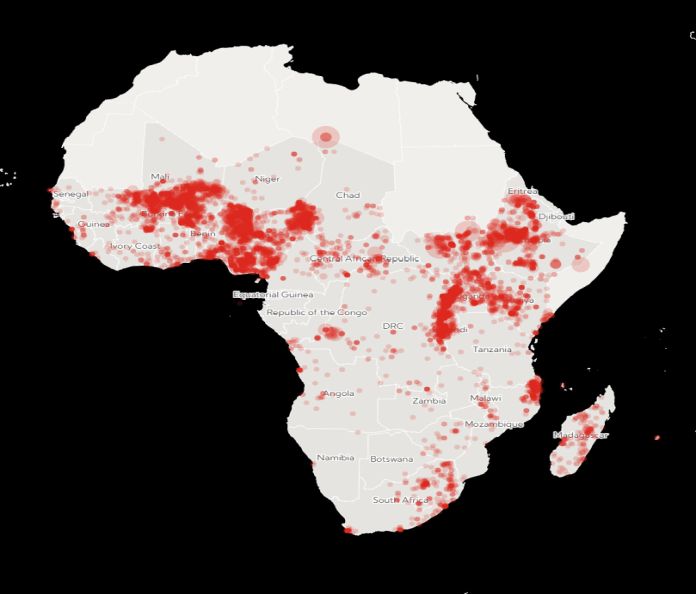– Improving people’s relationships with state institutions and ensuring access to services can foster conditions for greater peace and social cohesion in sub-Saharan Africa
By Hany Abdel Latif, Mahmoud El Gamal
Sub-Saharan Africa suffers from persistent security challenges, and Sahel countries such as Burkina Faso, Chad, Niger, Mauritania, and Mali are particularly afflicted by protracted conflicts and humanitarian crises.
While various factors can fuel conflict, our research shows that discontent with state institutions among marginalized groups is a key driver of unrest in the region. Such distrust reflects perceptions that governments fail to address equity issues and inclusive growth – including the fair allocation of natural resources and human capital development.
Institutional failures aggravate feelings of exclusion where some people or groups are systematically denied rights, opportunities, or resources that may be available to other segments of the population. This invites conflict by undermining the principles of fairness and inclusivity vital for sustainable development.
As the Chart of the Week shows, conflict is often concentrated near national borders where there tend to be more limited or insufficient public services, fostering feelings of exclusion. These conflict-prone hotspots pose substantial security and stability risks in both directly affected and neighboring countries.
Notable examples of conflicts with potential cross-border spillover effects include the recent civil war in Ethiopia and the long-running conflicts in South Sudan and the Central African Republic, as well as extremism-driven conflicts across the Sahel and northern Mozambique.
Our analysis of conditions across all countries in sub-Saharan Africa from 1990 to 2022 explores the instrumental role of social, political, and economic exclusion in driving conflicts, as expressed by our new exclusion index. Our study is intended to help policymakers navigate the complexities of the region, and in turn improve lives.
It highlights how mitigating violent conflict requires a comprehensive approach to address various forms of exclusion. Fostering relationships between people and a government that ensures justice and equitable public service delivery is crucial in establishing conditions for sustainable peace and social cohesion.
Poverty and underdevelopment alone may not fuel conflict. But those underlying factors are exacerbated by the experience or perception of social and economic exclusion, thus providing a fertile breeding ground for armed groups, necessitating urgent intervention.
Exclusion and distrust of government are not the only causes of conflict, which can also be fueled by climate change and food insecurity, among other factors. Moreover, the dire repercussions of the security crisis, coupled with these challenges, underscore an urgent need for humanitarian assistance and the pressing need to improve the quality and efficiency of security expenditures, as well as combating terrorism financing. However, those efforts may fall short if the problem of exclusion is not addressed at the same time.





